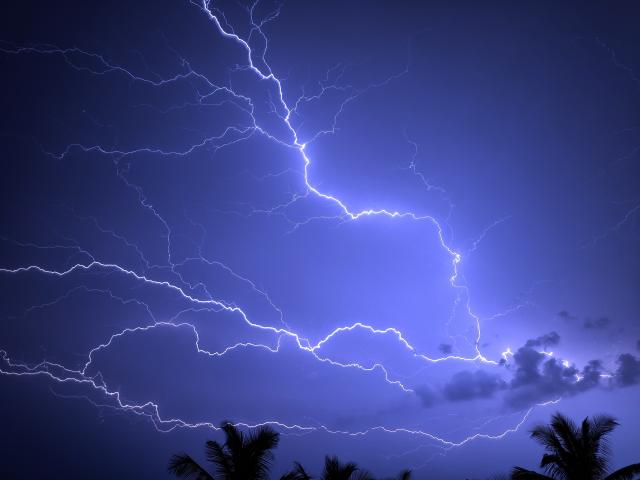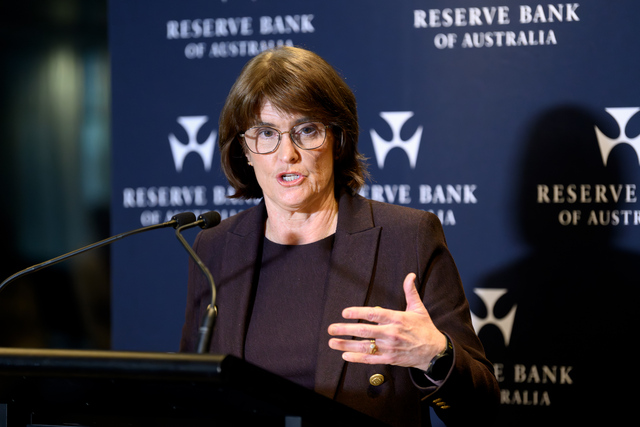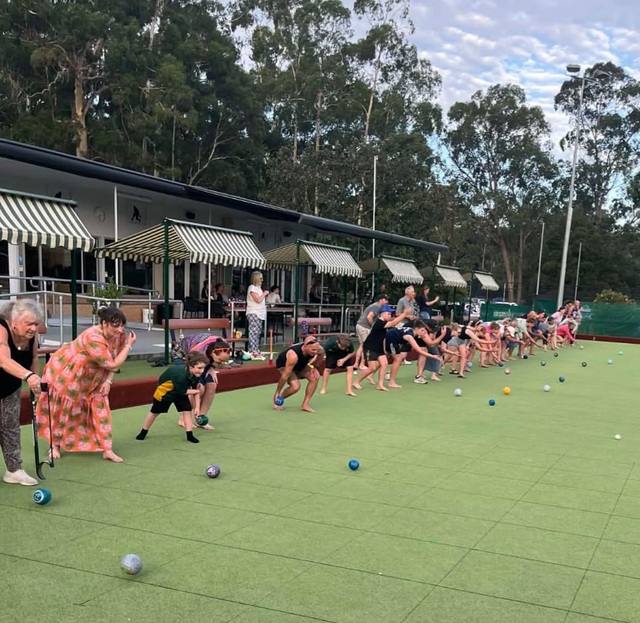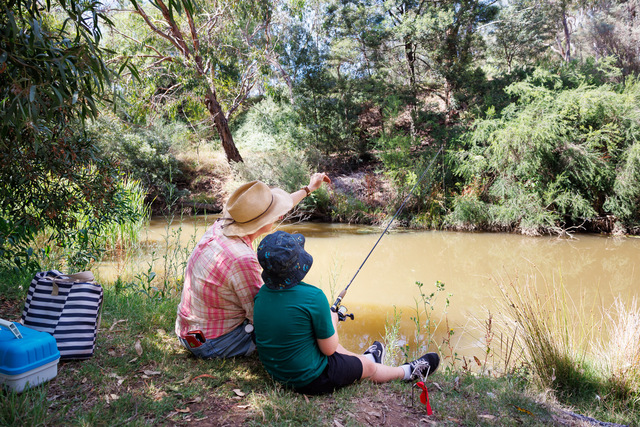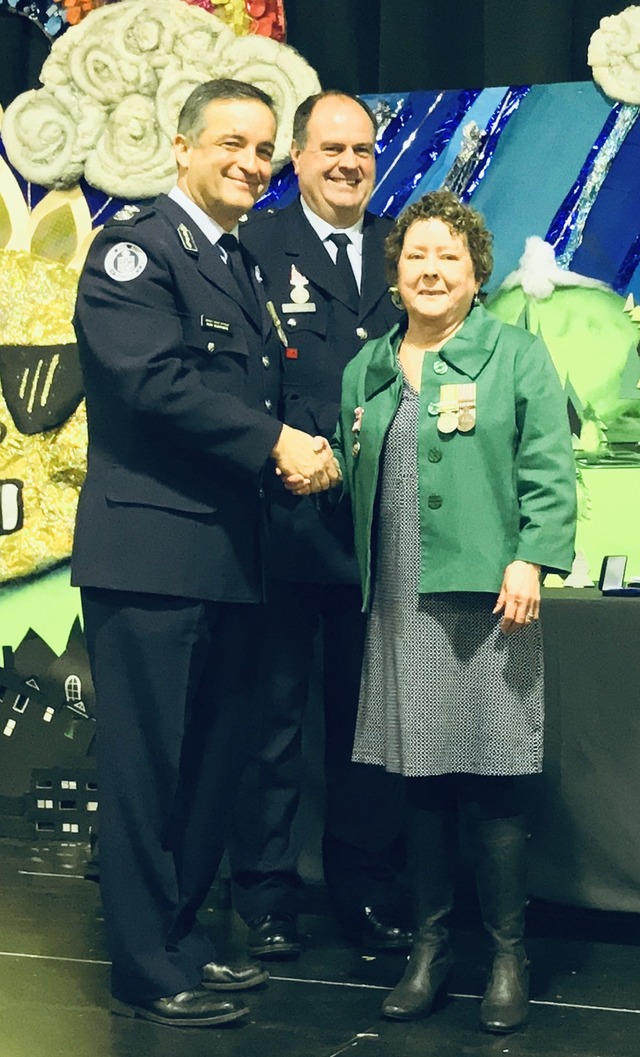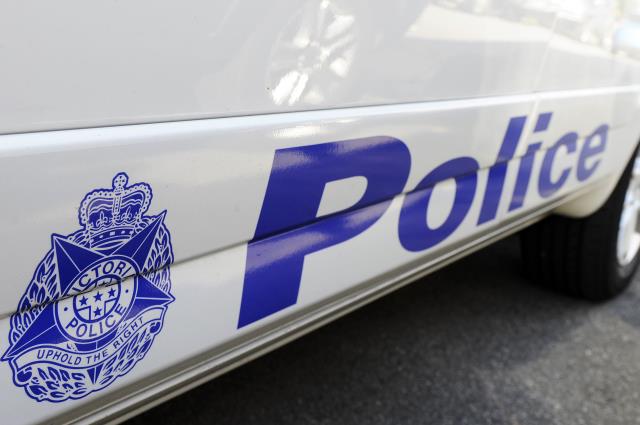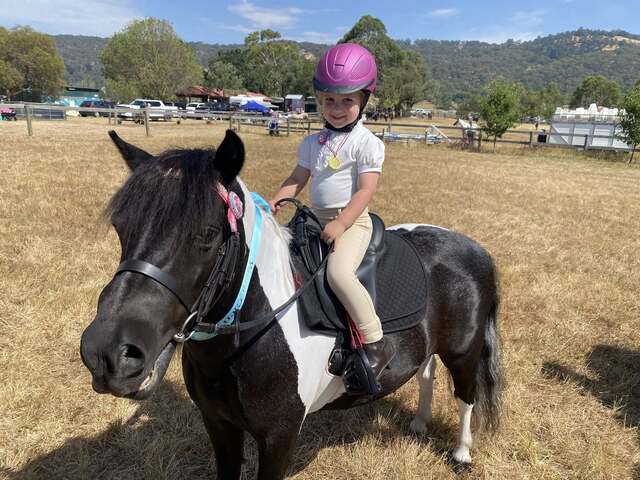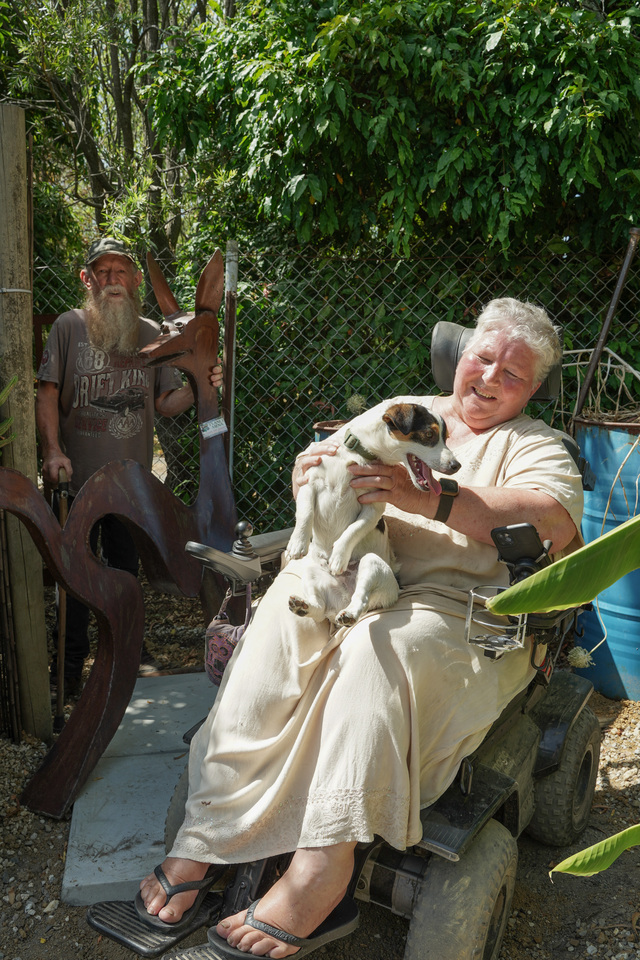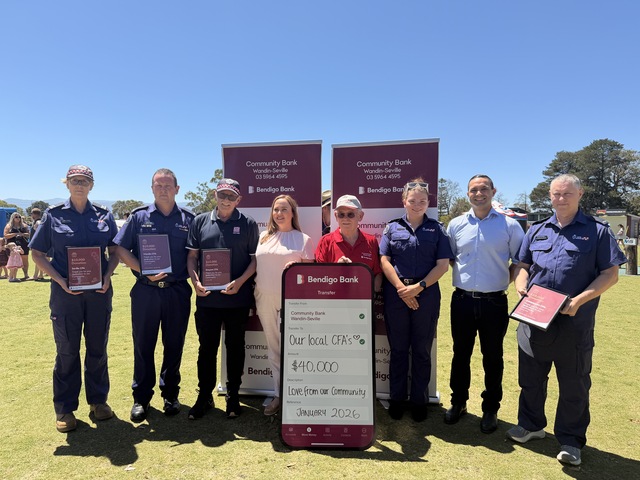VicEmergency has issued a Thunderstorm Asthma alert for parts of Victoria.
The moderate warnings extends across Central, North Central, North East, South West, Wimmera, South and West Gippsland regions, as well as Melbourne.
Asthma Australia’s advice is as follows:
If you have asthma and/or hay fever and experience sneezing, itchy, red or watery eyes, a runny or blocked nose or have any difficulty breathing, you may be at risk of thunderstorm asthma. Thunderstorm asthma can be dangerous and can cause severe difficulty in breathing.
Go inside and close your doors and windows and if you have your air conditioner on, turn it to re-circulate.
Keep your reliever and hay fever medicine on hand or know how to access this medicine if your loved one has asthma or hay fever.
Follow your written Asthma Action Plan.
Never ignore asthma symptoms like breathlessness, wheezing and tightness in the chest.
Start Asthma First Aid immediately and call Triple Zero (000) for help if symptoms do not get any better or if they start to get worse.
Keep up to date with alerts and advice in your local area.
Ryegrass pollen season is well underway in Victoria. This pollen is a major trigger for asthma and allergic rhinitis (hay fever) and high levels of pollen contributed to the state’s Thunderstorm Asthma (TSA) Epidemic in 2016. Asthma Australia is urging people with not just asthma, but also hay fever, to be prepared.
On 21 November 2016, more than 3,500 people across Victoria presented to emergency rooms in respiratory distress. Tragically, the 2016 TSA event was associated with 10 asthma fatalities. Ryegrass pollen had peaked in the days leading up to the event. Rain and moisture ruptured the ryegrass pollen grains so they were small enough to be inhaled. A thunderstorm then brought the particles down to ground level.

